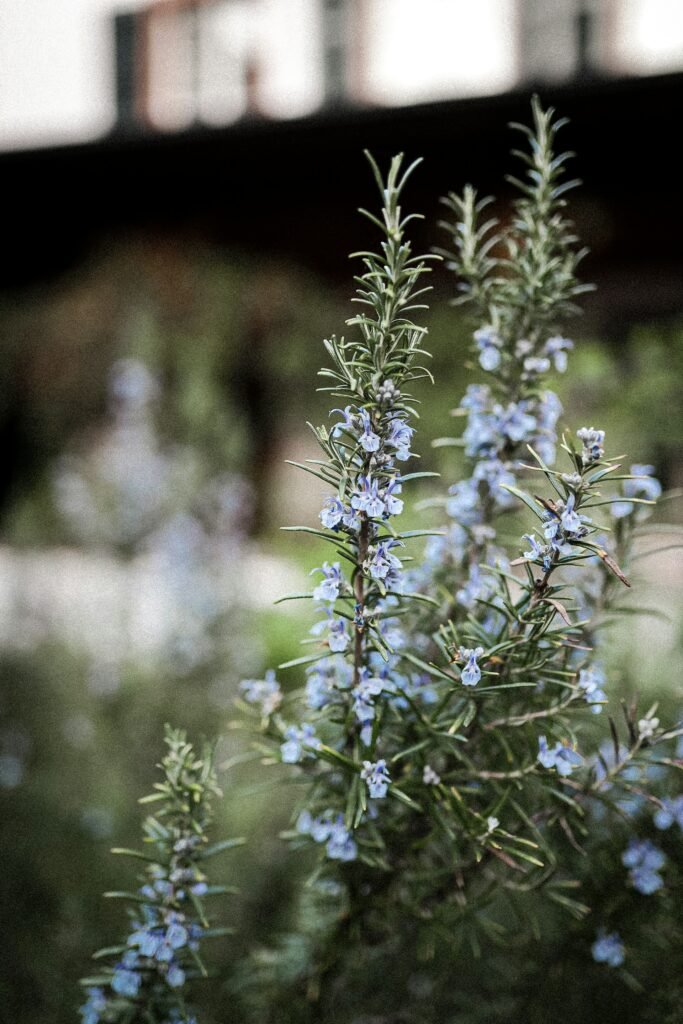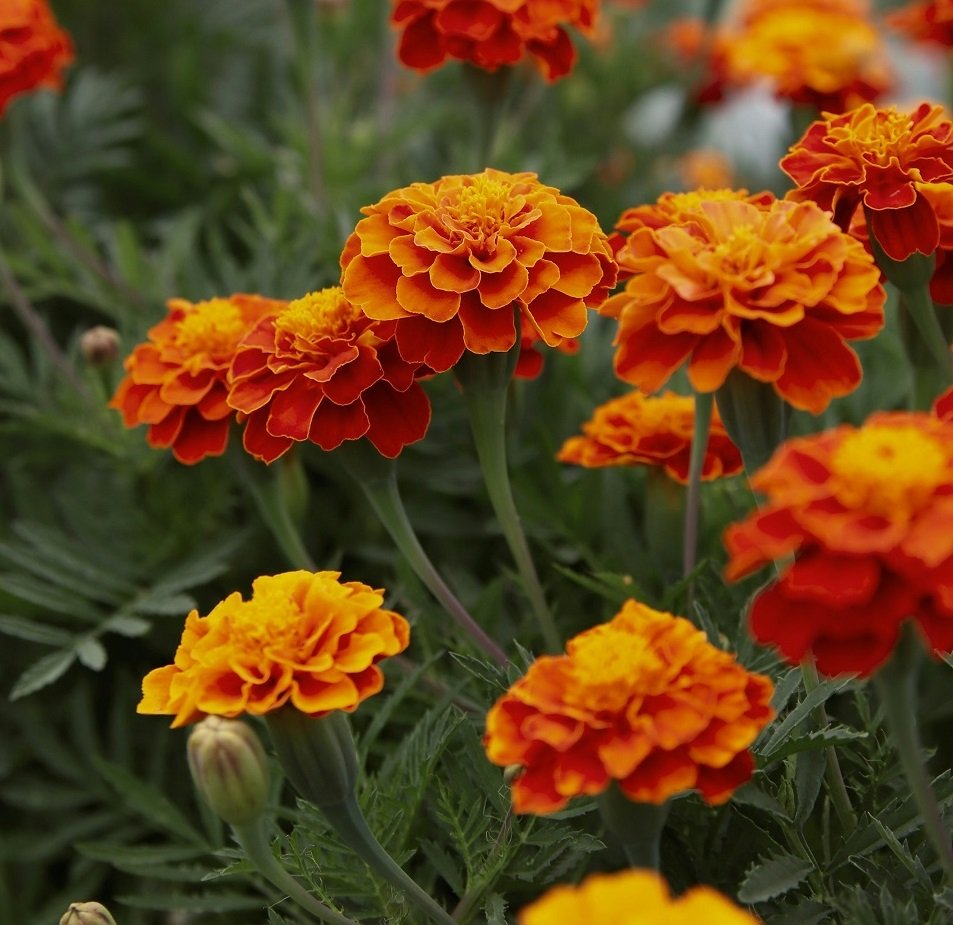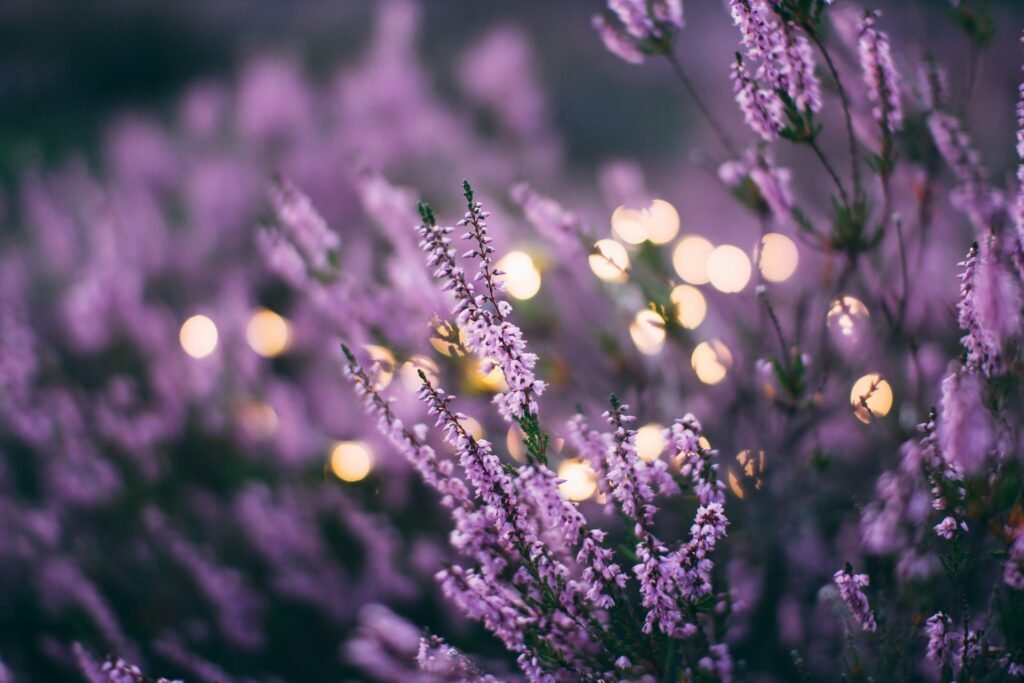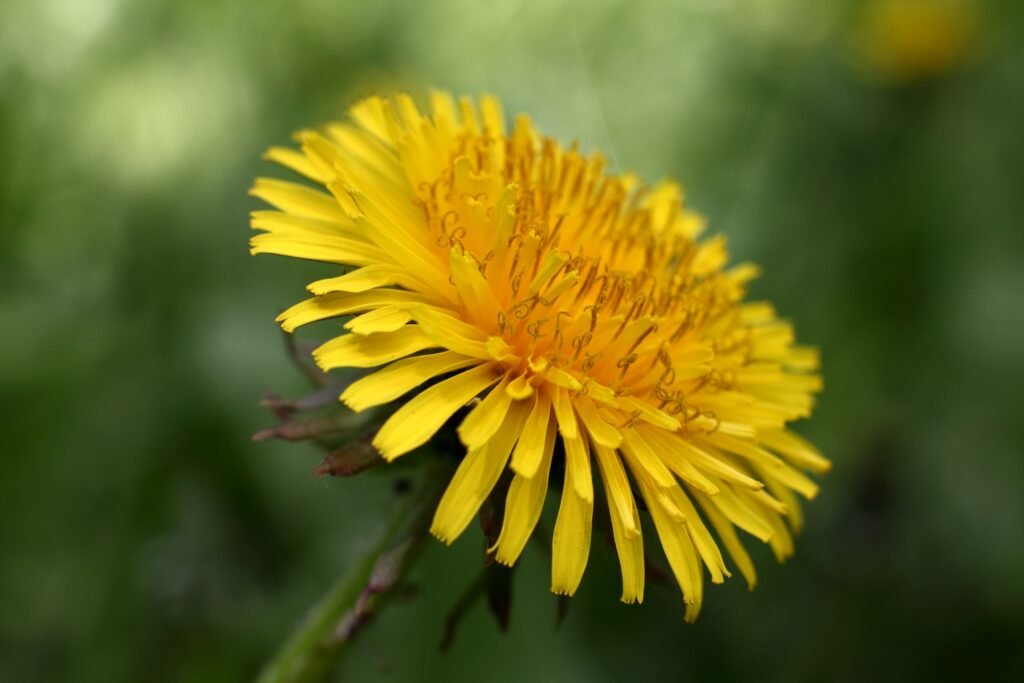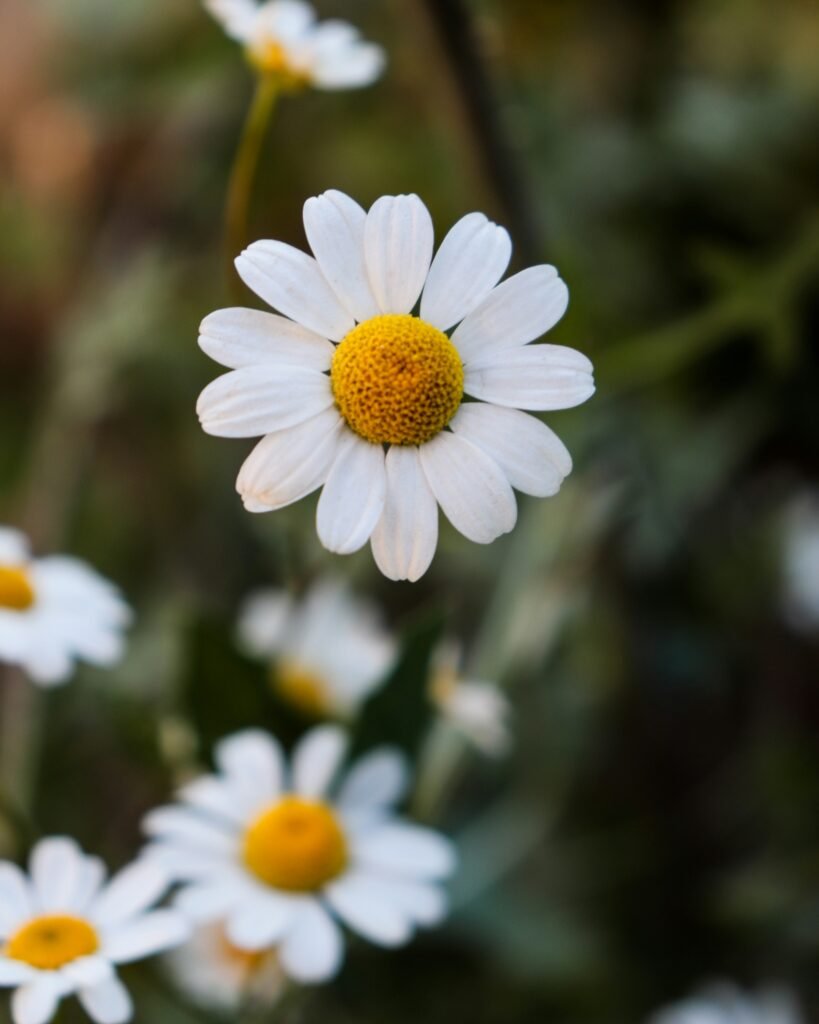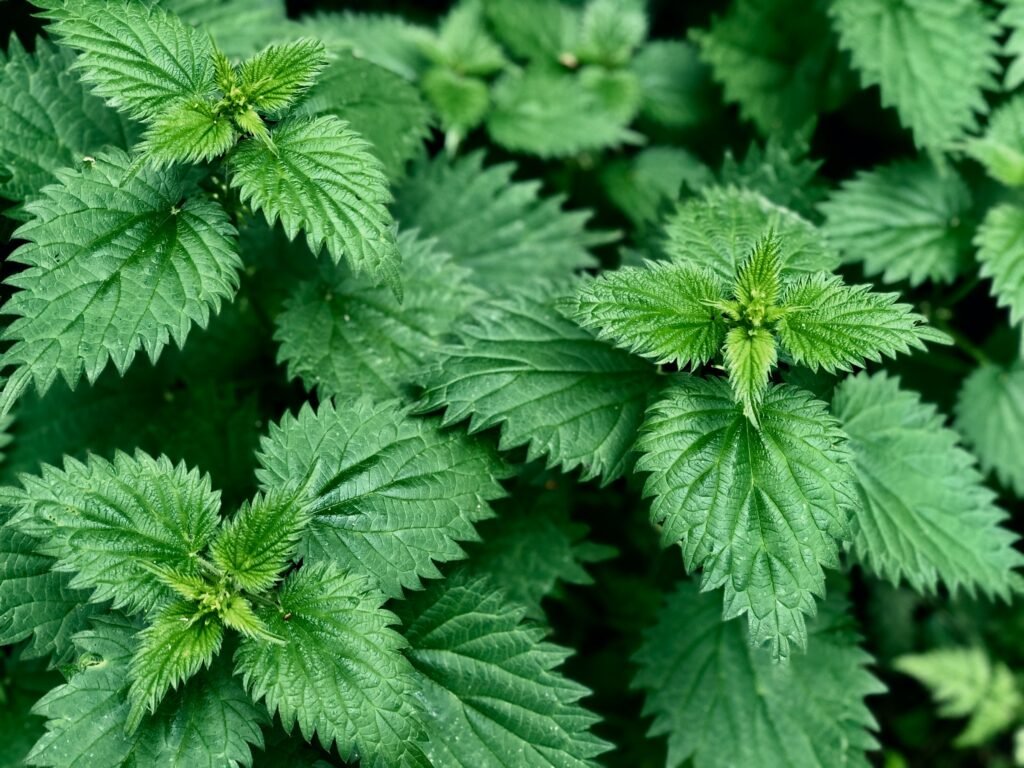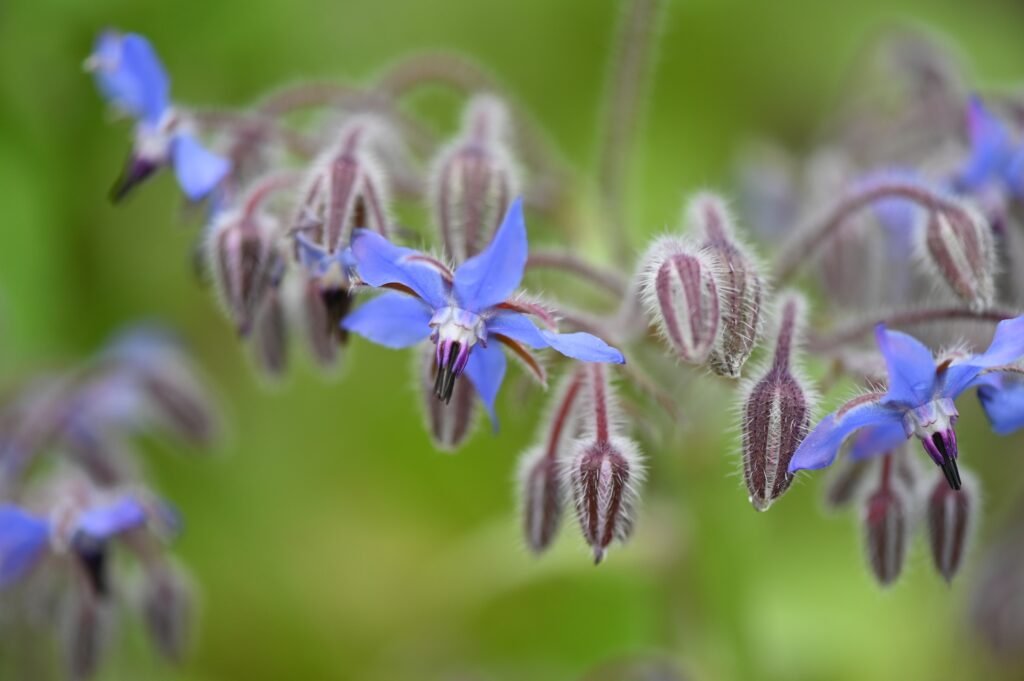General
Questions
We have restrictions in place to abide to the law and protect people. Please refer to our Suitability Checklist to ensure you are eligible to list your plot. For a full breakdown of all of our terms and conditions please refer to our Terms of Service.
1) Click Sign Up
2) Enter your details, accept the Terms of Service and create an account.
4) Once your account has been created, you will receive a welcome email instructing you on what to do next.
5) Create a listing to advertise your plot or search your area for a place to grow!
For more information visit How It Works
PlotSpot is a people connection service. There is no hidden fees, contracts or monthly commission. Once you have used our service to locate a suitable match, you enter your own agreement using the advice and templates provided.
You can join the community without joining the PlotSpot markerplace. You may also want to join our Instagram and share your own photos/videos using the tag “invite collaborator” function. Let’s get growing!

